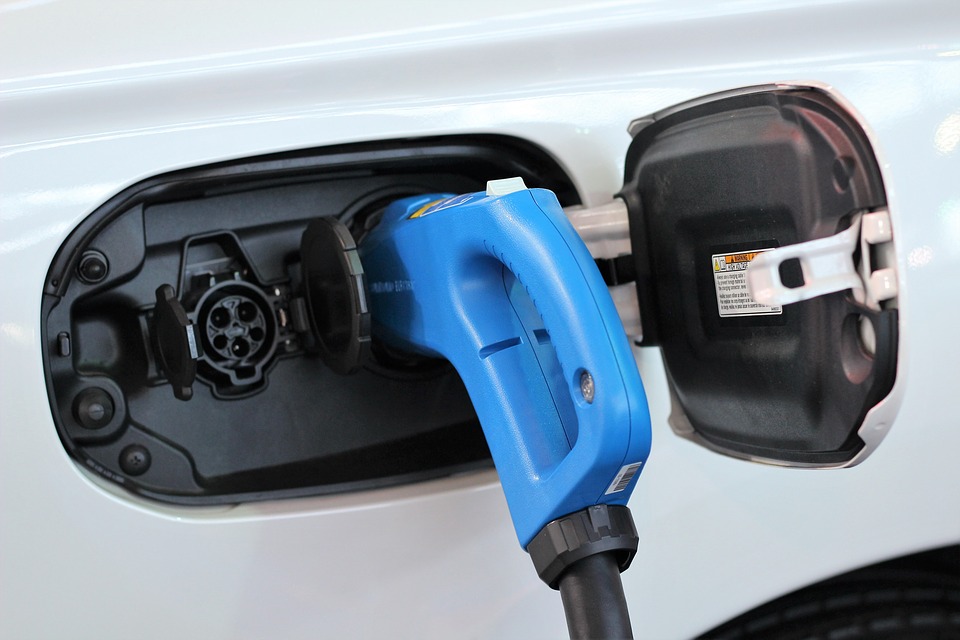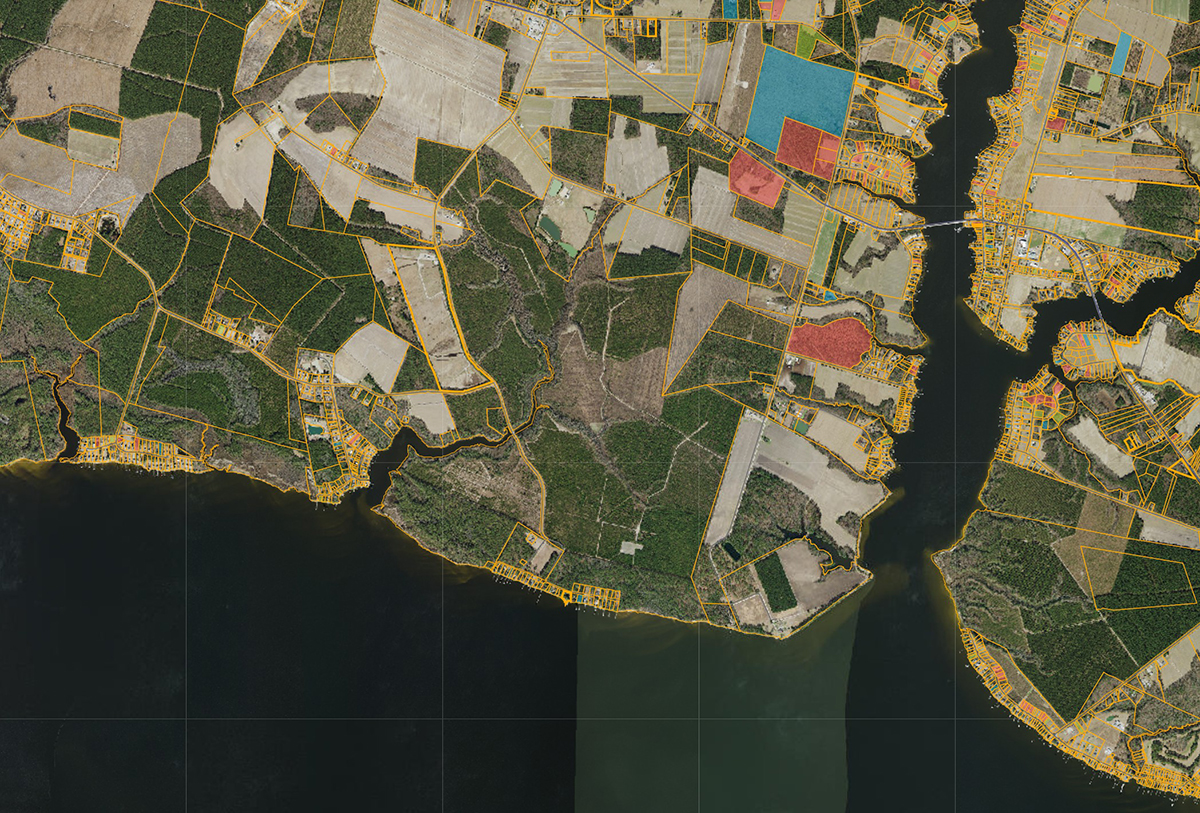
Of the newly awarded electric car charging project rebates in the state, four are on the coast.
The North Carolina Department of Environmental Quality’s Division of Air Quality awarded $496,000 in rebates for 29 projects in the second group of Level 2 charging projects through the North Carolina Volkswagen Mitigation Settlement Program, the state announced Friday.
Supporter Spotlight
Level 2 charging is one of three types of charging units for zero-emission vehicles, or ZEVs. An hour charge on a Level 1 charger gets the car about 2 to 5 miles while an hour at level 2 gets about 10 to 20 miles. For DC Fast Charging 20 minutes of charge is a 60 to 80 miles of range.
The four new coastal charging project rebates were awarded to Unitarian Coastal Fellowship on Bridges Street in Morehead City, town of Southern Shores, Four County EMC Burgaw Office and Cape Fear Community College’s Hanover Street Parking Deck in Wilmington.
NCDEQ has awarded $918,000 in Level 2 rebates for 59 projects from the $1.1 million available for the program to date.
NCDEQ allocated 25% of the Phase 1 ZEV infrastructure allocation, or around $1.1 million, to Level 2 charging infrastructure projects. The Level 2 ZEV Charging Infrastructure Program uses a first-come, first-served rebate process to help interested parties install ZEV Level 2 charging infrastructure, as described in the North Carolina VW Mitigation Plans. The primary goal is to increase use of ZEVs in place of gas-powered cars to mitigate nitrogen oxides, particulate matter, and greenhouse gas emissions in the state, according to the state.
Rebate applications will be prioritized by the urban-suburban/rural split described in the NC VW Mitigation Plan, with about 68% of the funds allocated for urban and suburban counties, and a minimum of 32% allocated for rural counties. Rebates will be awarded until the funds are exhausted, according to NCDEQ.
Supporter Spotlight
Volkswagen admitted in 2015 that it violated the Clean Air Act by installing illegal software on some of its diesel vehicles. The vehicles with the illegal software emit up to 40 times the allowable levels of nitrogen oxides. Settlement agreements of $14.7 billion nationally were agreed upon to resolve matters related to the violations.
North Carolina has been allocated $92 million in Volkswagen settlement money and is seeking public input on how to use the funds. The Department of Environmental Quality is charged with managing the state’s share of the national settlement. More than $27 million in potential funding is available in the first round of funding, according to NCDEQ.







